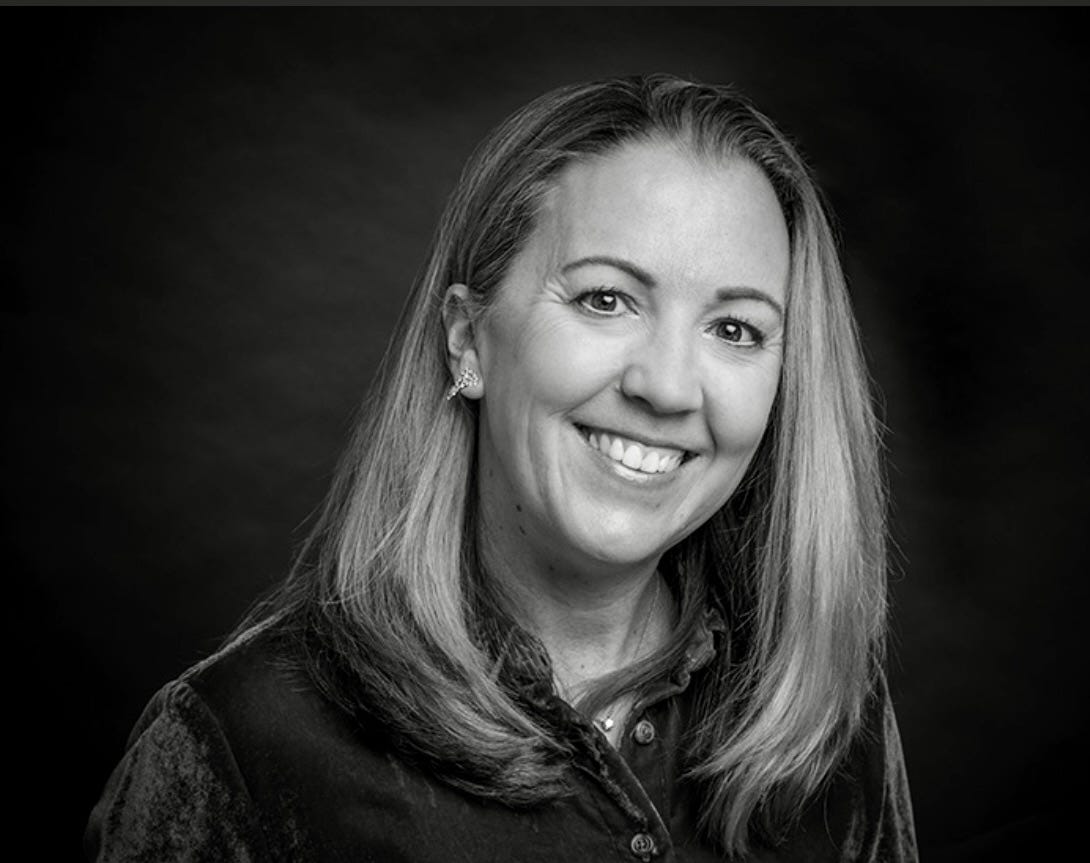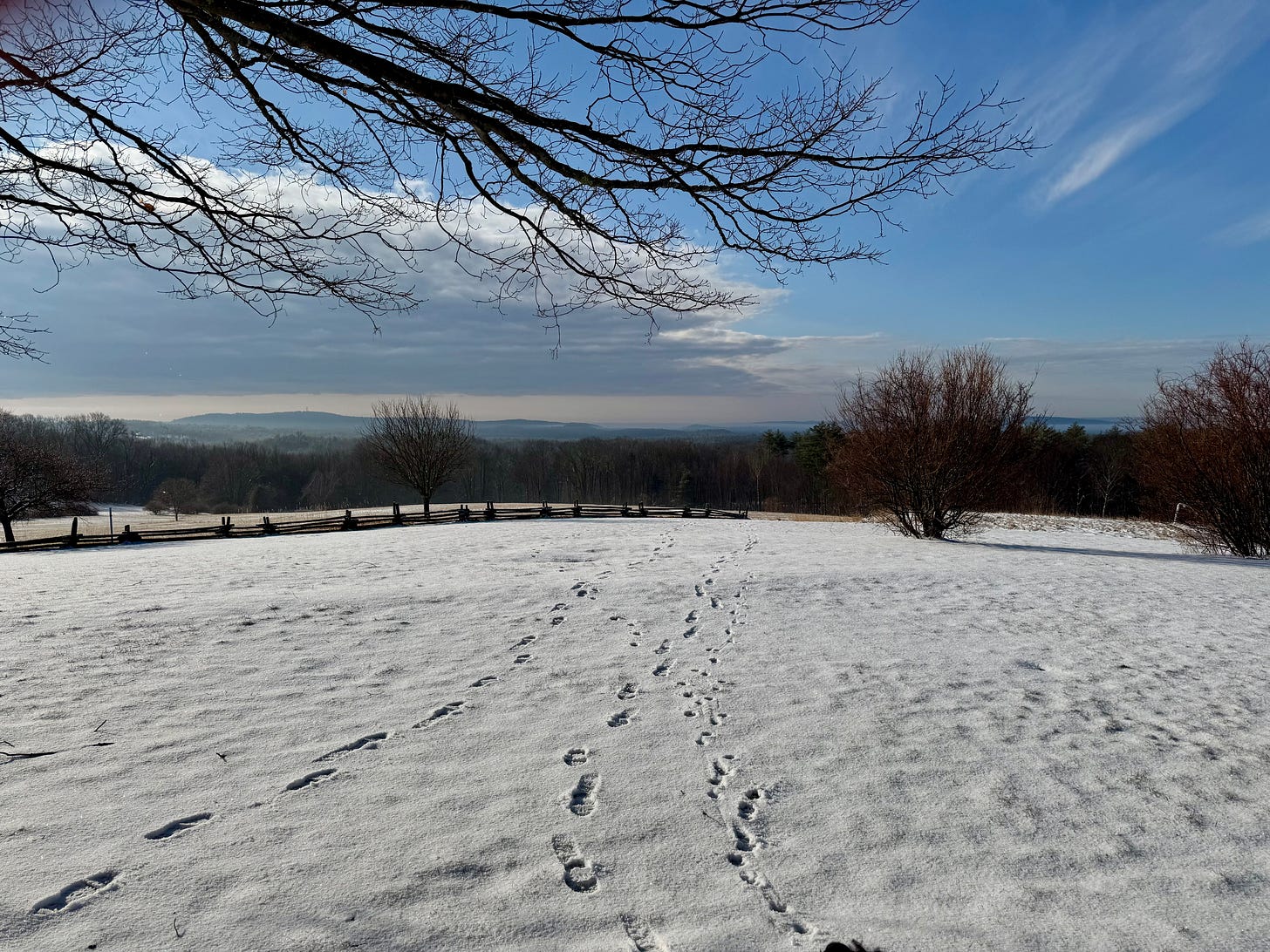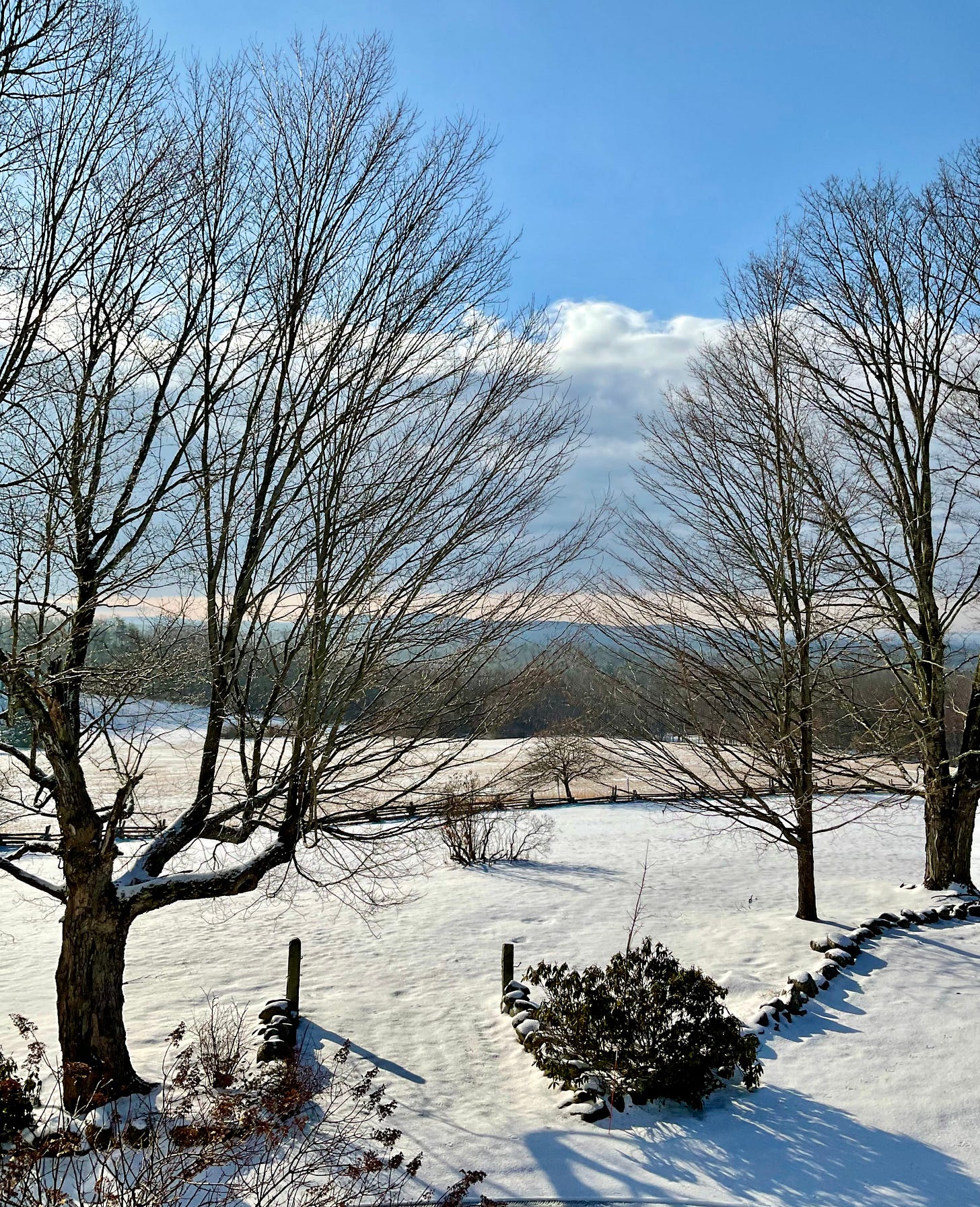Publishing is persistence: A Midlife Author interview with Jane Healey
I don’t think it’s ever too late. I always think of women like Julia Child, Madeleine L’Engle, Lois Lowry—they all achieved massive success, but their careers really didn’t get going until they were in their forties.
—Jane Healey
Hi friends, lately I’ve been thinking about World War II and postwar-themed novels, and how these books continue to resonate with readers. I suspect we’re looking for stories of courage and sacrifice in hard times, stories with happy endings.
So today I’m excited to bring you a Midlife Author interview with bestselling novelist Jane Healey, the author of three bestselling novels focused on women during World War II: The Beantown Girls, The Secret Stealers, and Goodnight from Paris. These are stories of women drawn into unexpected work during the war, and of the resulting friendships, challenges, moral quandaries, and sometimes romance.
But Jane writes about other time periods too. Her debut novel The Saturday Evening Girls Club (2017), a book club favorite, looks at the lives of four young women in Boston, all immigrants or daughters of immigrants at the turn of the 20th century. And her forthcoming novel, The Women of Arlington Hall (publishing July 2025), moves forward into the Cold War era with the story of women working for a nascent CIA.
If you’re a historical fiction fan, add Jane’s podcast Historical Happy Hour to your feed—since 2011, she’s interviewed other historical novelists of all sorts (Fiona Davis, Kristin Hannah, Helen Simonson, Patti Callahan Henry). Jane is a graduate of University of New Hampshire and Northeastern University, and she lives outside of Boston with her husband, two daughters, cats and a dog.
Read on for Jane’s take on the long game of writing and publishing.
Hi Jane! I know that you published your first novel in your early forties. Was writing a far-off glimmer when you were younger? When did you begin to write fiction more seriously?
I’d always wanted to write novels, but I was a pragmatic kid so I knew I couldn’t graduate from college and pay off my student loans as a struggling novelist. I didn’t really get serious about writing fiction until my girls were born (they are 18 and 21 now).
I was working from home as a freelance writer, and I finally started giving myself permission to write fiction, to take workshops when time allowed, to join a writer’s group and learn how to actually do the thing instead of just think about doing it as I had for years.
Were you always drawn towards writing historical fiction, or was this more incidental? What I mean is, did your first novel have more to do with a particular story you were drawn to, something particular about young immigrant women in Boston, than historical fiction in general?
I’ve always loved historical fiction and I enjoy writing about it because history provides a jumping-off point, whether it’s real people or events or both. My first novel The Saturday Evening Girls Club, was based on the true stories of a group of Jewish and Italian immigrant women in Boston’s North End at the turn of the 20th century.
They had a pottery (often called Paul Revere Potter) and their pieces are highly collectible today. I wrote an article about the pottery for Boston Magazine and the more I learned about the girls, the more I thought that there had to be a story there. It took me about ten years, writing in the fringes of my life, getting feedback, getting rejections, getting more feedback, but it was finally published in 2017.
What do you know now as a writer and novelist that you wish you’d known when you first started writing fiction? What do you miss about those first days of writing?
I wish I had paid more attention to story structure in my early days, I think I would have saved myself so much time if I had really focused on learning about the various types of narrative structure and how to use structure to shape your story in away that readers love.
Honestly, I can’t say I miss much about those first days of writing. I worked very hard in those days, without knowing if I would ever achieve my dream of getting published.
Can you talk about challenges you’ve faced, in writing, publishing, or both?
I feel like I could write an actual book on the writing and publishing challenges I’ve faced, lol! But I think many authors feel this way. The learning curve for writing a novel was a lot harder than I thought it would be—as I said, it took me a solid decade to get that first novel truly done! And of course getting an agent and a publishing contract both present their own types of challenges. I always tell writers starting out that publishing is persistence—you have to keep writing, you have to keep knocking on doors, your first or third or fifth book might not sell, but the authors that are successful in this industry are the ones that kept going despite the enormous challenges.
I think being patient and taking the time to really learn how to write long-form fiction well is really important, because there are no shortcuts to the learning curve. And also finding a writing group of like-minded writers who are serious about their work can be invaluable if it’s the right fit.
What makes a midlife writer a stronger writer?
I think midlife writers have a more balanced perspective and, of course, maturity and world experiences that young writers do not have.
What would you tell someone who’s thinking about starting to write, or someone who thinks it’s too late?
I don’t think it’s ever too late. I always think of women like Julia Child, Madeleine L’Engle, Lois Lowry—they all achieved massive success, but their careers really didn’t get going until they were in their forties. I think being patient and taking the time to really learn how to write long form fiction well is really important, because there are no short cuts to the learning curve. And also finding a writing group of like-minded writers who are serious about their work can be invaluable if it’s the right fit.
Tell us about your forthcoming novel The Women of Arlington Hall.
My next novel, The Women of Arlington Hall, will come out on July 8, 2025. It’s based on the true stories of a group of female codebreakers in Washington, D.C. in the late 1940s. They were part of a team that broke the Russians’ “unbreakable” codes and helped track down the Russian spies in the U.S. that were stealing atomic secrets.
And last, tell us about a book that you think deserves more attention.
For my podcast Historical Happy Hour, I recently interviewed author Samantha Woodruff about her latest novel The Trade Off. It’s about a brilliant young woman trying to carve out a career on 1920s Wall Street despite nearly impossible odds. The characters and historical details were just really well done. It’s a great story!
Thank you, Jane!
If you’re looking for more World War II-themed historical fiction, take a look at my Q and A with novelist Jennifer Rosner, author of The Yellow Bird Sings and Once We Were Home, two lyrical and imaginative novels about the Holocaust and its aftermath.
Speaking of historical fiction, you can learn more about my novel The Wrong Kind of Woman, set in 1970, here and here, and if you read ebooks, the ebook of The Wrong Kind of Woman is briefly on sale, for $2.99.
I’ll leave you with some snowscapes from a week or two ago—we had still more snow two nights ago, but now it’s mostly melted.
And I’d love to hear about any historical fiction you’ve read lately—let me know!







Thank you - so inspiring. ALL of these books look so good!
Love this interview and Jane’s writing!